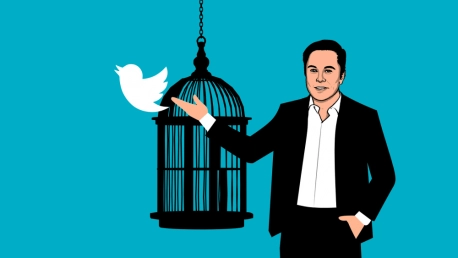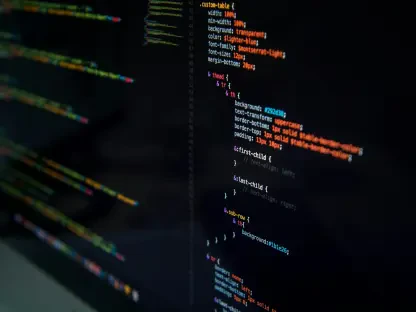Elon Musk is a remarkably accomplished entrepreneur and business magnate who has reached previously unimaginable heights—and taking over Twitter is already one of his toughest endeavors. Shareholders aren’t happy with Musk’s decision, many employees have gone public with their displeasure, and Twitter already started proceedings to block Musk’s intentions.
Elon Musk is cautious and predictable
Elon Musk has offered to buy Twitter for $54.20 a share, valuing the social media company at approximately $43 billion. He revealed that he has a 9.1% stake in the company and is of the opinions that Twitter needs to be transformed privately.
“I invested in Twitter as I believe in its potential to be the platform for free speech around the globe, and I believe free speech is a societal imperative for a functioning democracy,” Musk wrote in his SEC filing letter to Bret Taylor, Twitter’s Chairman.
Musk also admitted that nothing is certain, hinting that there is a “plan B”. It’s hard to believe that Musk will end up taking over 100% of Twitter, as there are many hurdles to overcome, and many fears surfacing about what Twitter could become.
After he announced he wanted to buy Twitter, a storm broke out. One of the biggest shareholders opposed the idea and many employees indicated significant displeasure. There are voices saying that many advertisers will withdraw if Twitter is wholly owned by Elon Musk, and many fear that Twitters’ core values would change and be altered for the worst.
Twitter has generated $5 billion revenue in 2021—up 37% from 2020—and the number of users logging in at least once a day climbed 13%, to 217 million. The network’s target is to reach 315 million users per day and $7.5 billion in annual revenue by the end of 2023. Twitter has launched several new products and features to increase user engagement and plans further changes, including the introduction of the ability to edit posts.
Elon Musk would make Twitter a free-speech bastion
There are concerns that Musk will lift many of the restrictions and that this act would result in chaos. Naturally, not all restrictions can be removed, but a Twitter where more barriers are lifted has the potential to become an unfortunate experiment. Twitter bans speech containing violent threats and, in recent years, has taken more serious action against coordinated disinformation campaigns—especially regarding the presidential election and the COVID-19 pandemic.
Although Musk didn’t explicitly share his intentions with Twitter, he hinted that there would be less moderation on questionable issues and that post moderation should be limited to those containing very harsh messages. It would be a significant change after years of Twitter being pressured to be more careful about moderation, and to remove hate speech.
“I don’t know if I have all the answers here, but I do think that we want to be just very reluctant to delete things and just be very cautious with permanent bans,” Musk said during an on-stage interview at the TED conference on Thursday, April 14, 2022.
Employee and shareholder concerns and the “poison pill” plan
Many employees in the San Francisco branch have expressed apprehension about the billionaire owning the company—either online or during an all-hands meeting with CEO Parag Agrawal. According to The Washington Post, one worker called Musk’s behavior bullying in a tweet. “Twitter is currently trending because he decided—like a playground bully pandering to his fanboy lackeys—to make a joke at Twitter’s expense,” the employee wrote. “And, we all know the joke is not really the point. Humiliation is.”
Ever since Musk bought a 9% stake in Twitter, major shareholders expressed their disapproval with Musk’s big ambitions.
On Friday, April 15, Twitter’s board of directors adopted a limited term shareholder rights plan, called a “poison pill”, that will make it harder for Elon Musk to acquire the company. The “poison pill” provision preserves Twitter shareholders’ right to acquire more shares of the company at a relatively inexpensive price—excluding Musk, thereby effectively diluting his stake. The provision will be triggered if Musk, or any other investor, acquires more than 15% of the company’s shares.
Authorities are also questioning whether Elon Musk will be able to raise more than $40 billion. The majority of Musk’s wealth—about $251 billion—is tied up in Tesla and SpaceX. According to a Bloomberg analysis, Musk has approximately $3 billion in liquid assets, indicating a $40 billion shortage in his proposed purchase price.
Conclusion
For now, an Elon Musk-controlled Twitter is an unlikely scenario. The billionaire is already facing notable pushback on multiple fronts—with his endeavor considered as a hostile attempt to take over Twitter.









